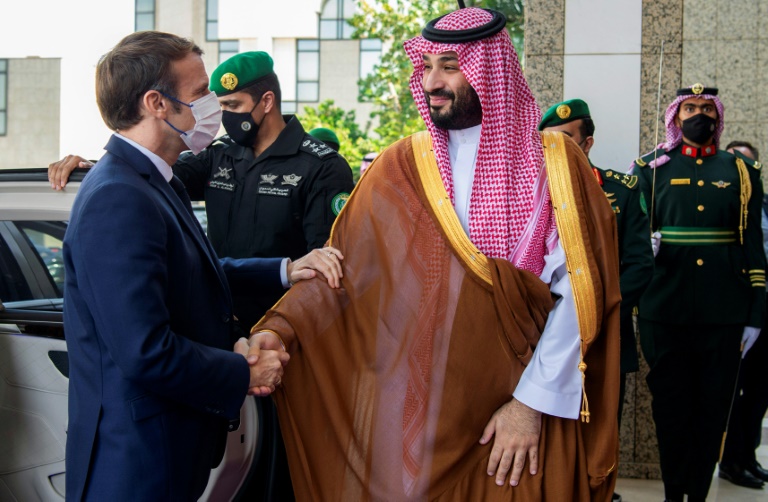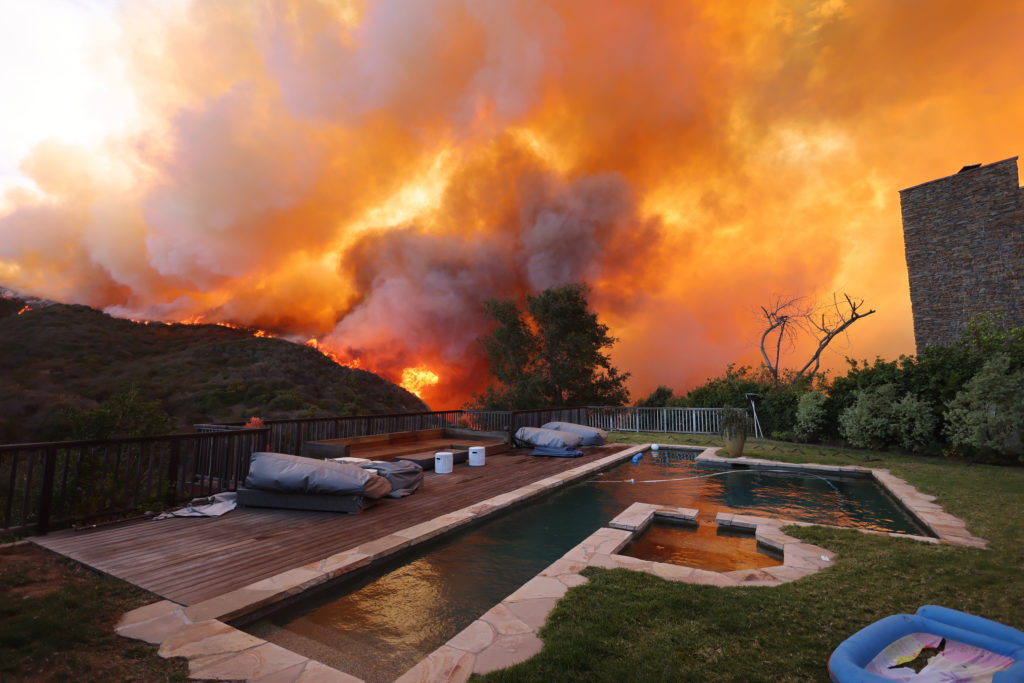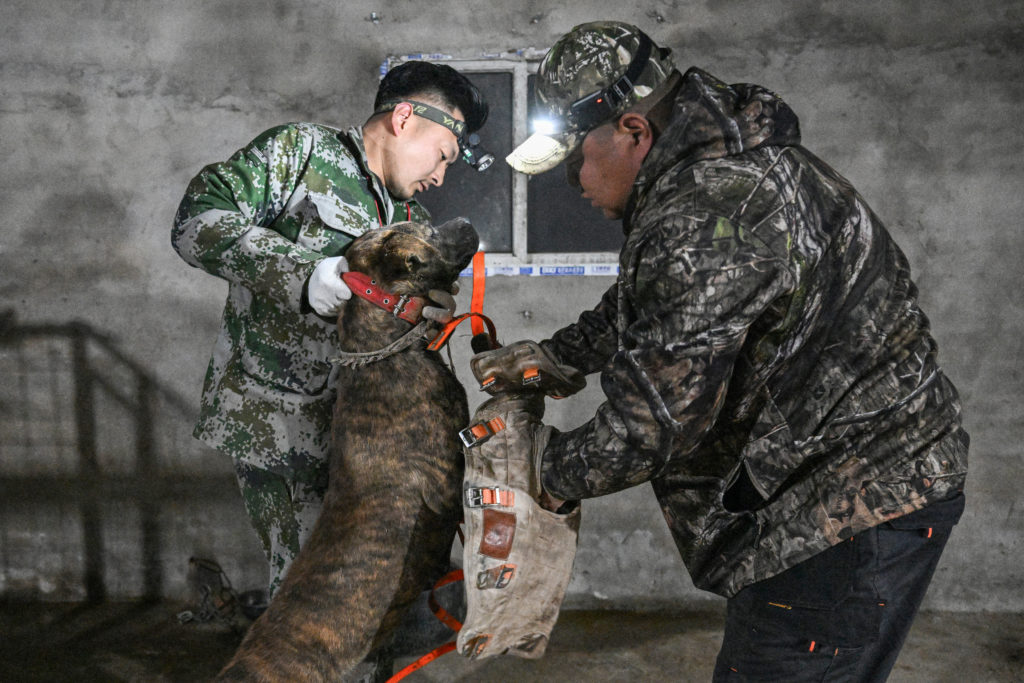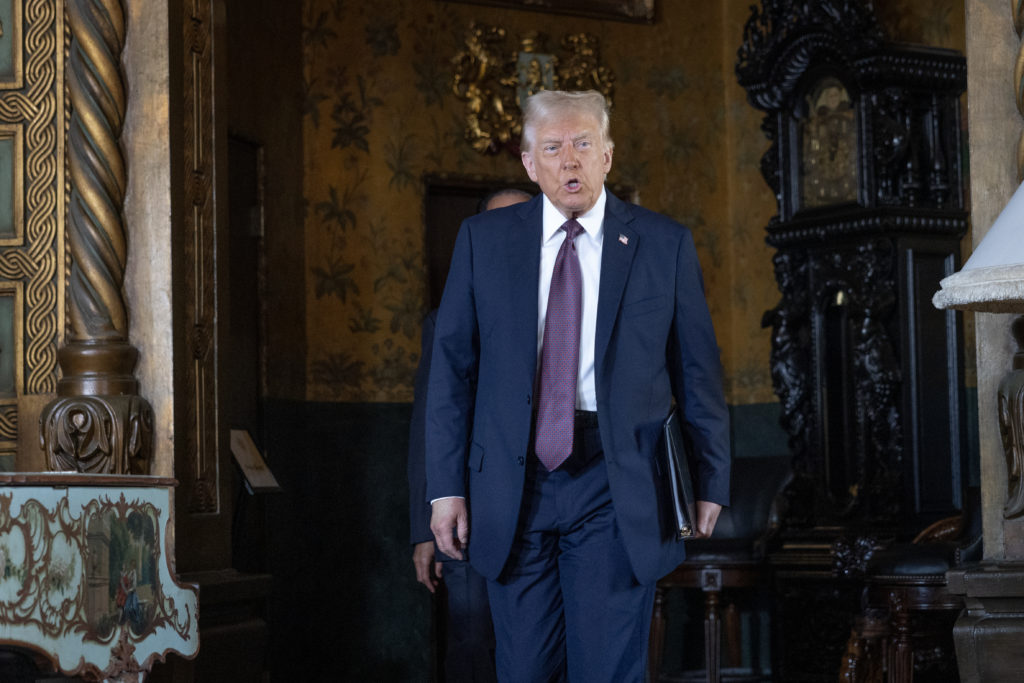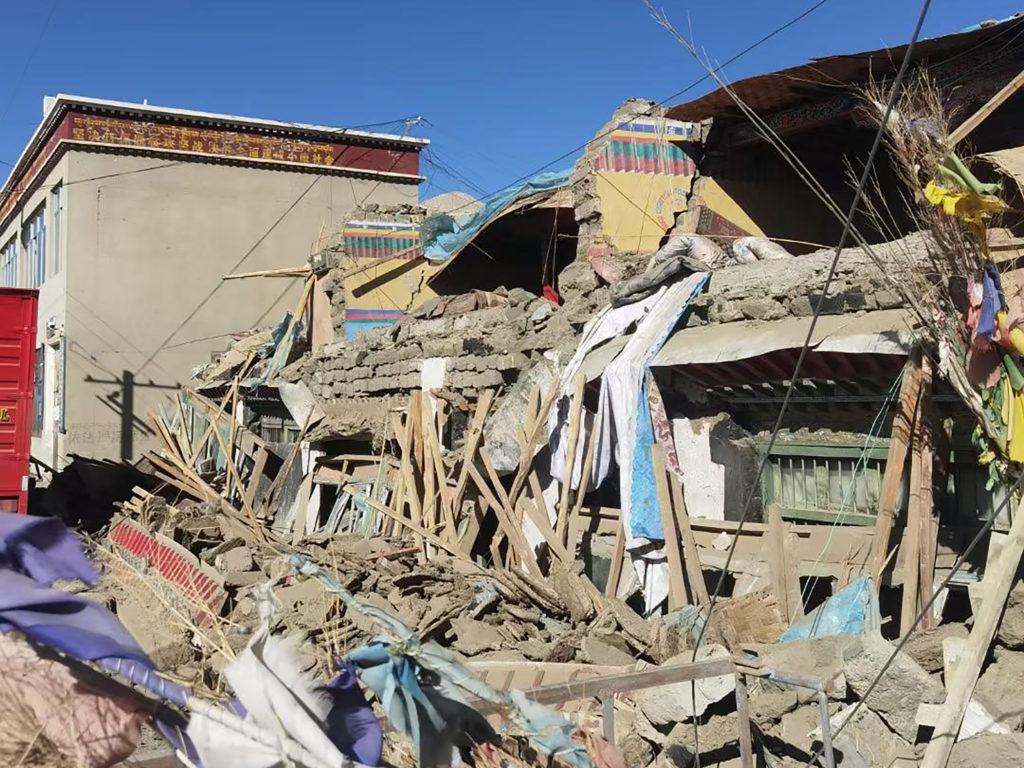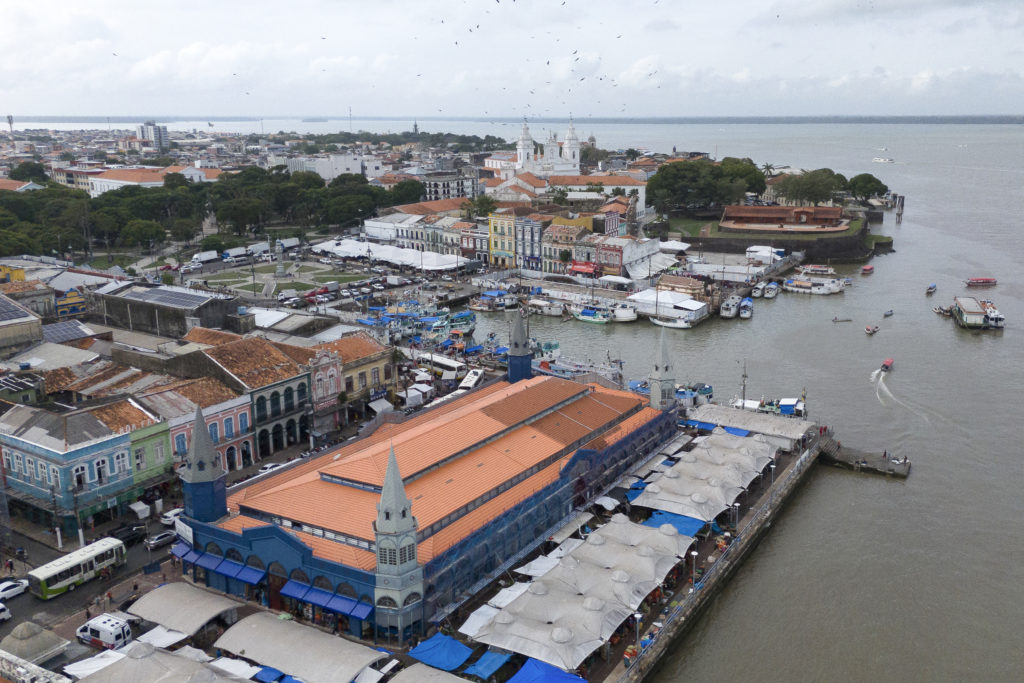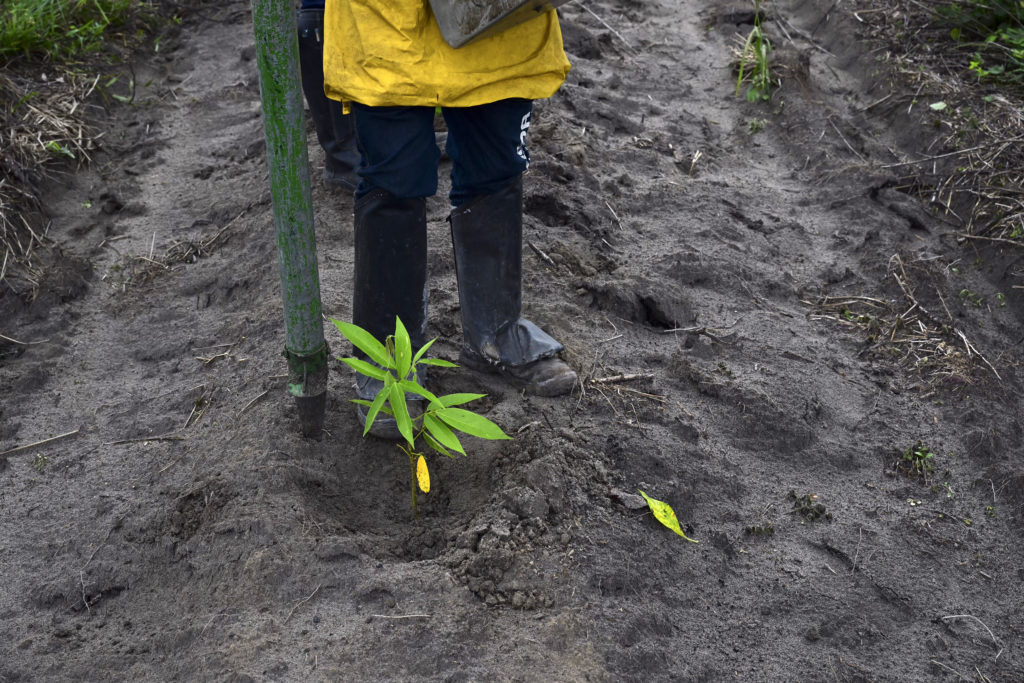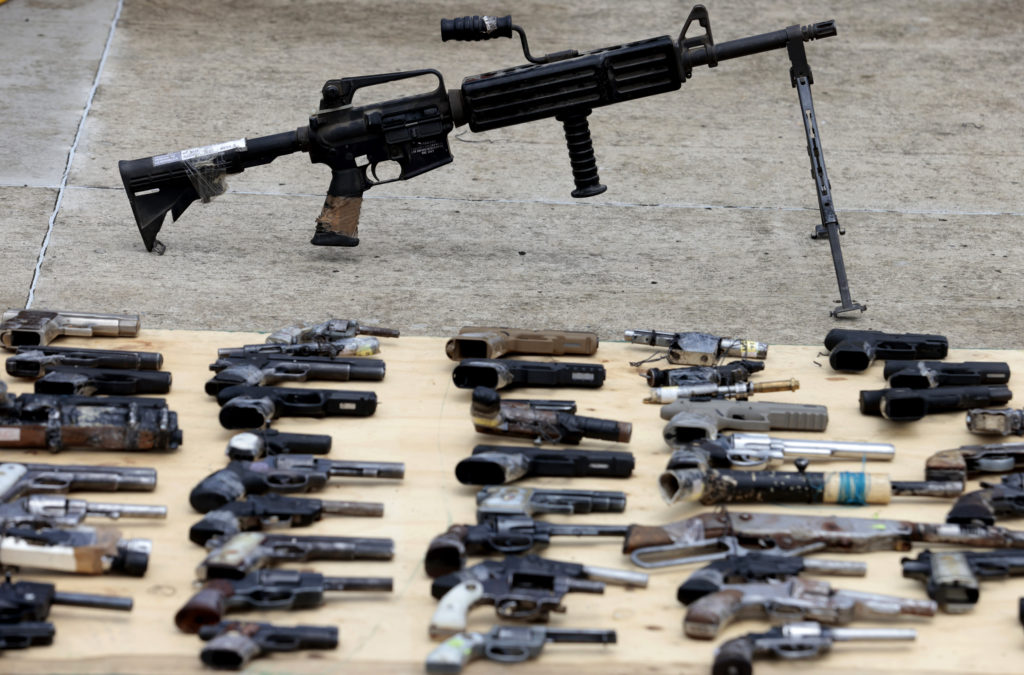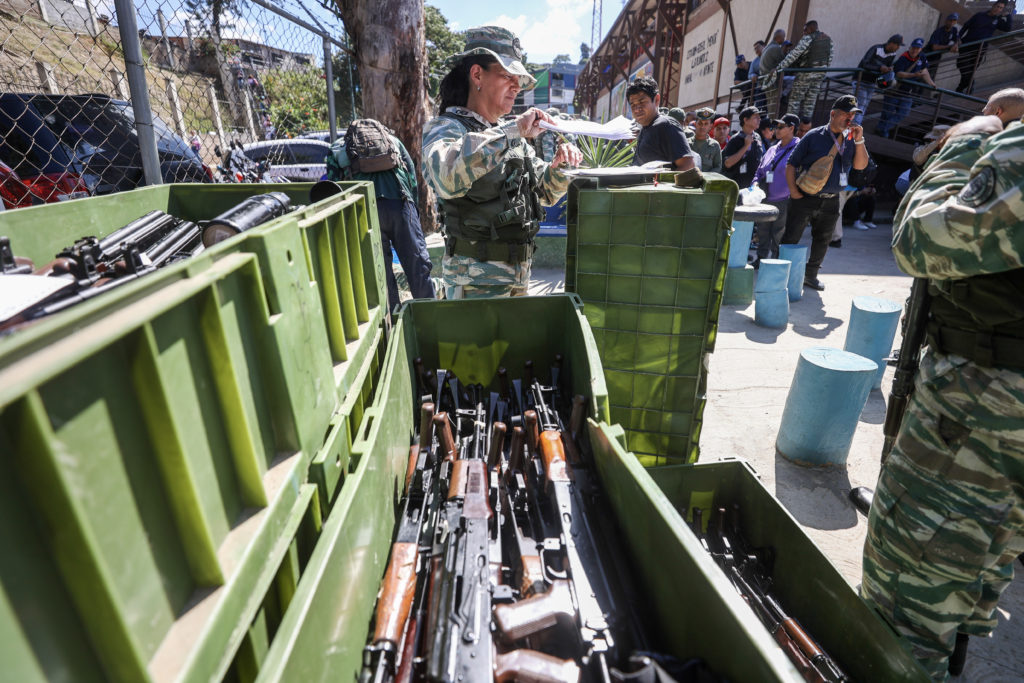French President Emmanuel Macron is to meet Saudi Arabia’s de facto ruler in Jeddah Saturday to address regional stability, in particular Lebanon’s political and economic crises, insisting he has not ignored Riyadh’s rights record.
Macron arrived Saturday in the kingdom’s Red Sea city after visits to the United Arab Emirates and Qatar as part of a short Gulf regional tour.
He will become one of the first Western leaders to meet with Crown Prince Mohammed bin Salman in the kingdom since Saudi journalist Jamal Khashoggi was killed and dismembered inside Riyadh’s consulate in Istanbul in 2018.
The killing by Saudi agents severely tarnished Prince Mohammed’s international image.
Dialogue with Saudi Arabia, “the leading Gulf country in terms of size”, is necessary to “work for stability in the region”, Macron said on Friday.
However, he added in a reference to the Khashoggi murder that “it doesn’t mean that I endorse anything”.
“I note that Saudi Arabia had organised the G20 summit… not many powers boycotted the G20,” despite the Khashoggi affair, said Macron.
“We have always been clear on the issue of human rights or this case”.
Riyadh has described the murder as a “rogue” operation, but both the US Central Intelligence Agency and a United Nations special rapporteur have directly linked Prince Mohammed to the killing, a charge the kingdom vehemently denies.
During his discussions with Prince Mohammed, Macron is expected to plead the case of Lebanon, where an economic crisis has been exasperated by a diplomatic row sparked in October between Beirut and some Gulf states — in particular Saudi Arabia which had blocked imports.
His efforts are likely to receive a boost by the resignation of Lebanese minister Georges Kordahi whose remarks on the Saudi intervention in Yemen’s war sparked the row.
– ‘Role to play’ –
Macron on Friday welcomed Kordahi’s departure, saying he hopes to “re-engage all Gulf countries in relations with Lebanon”.
The French president has spearheaded international efforts to help Lebanon out of its worst-ever economic downturn.
Th country’s fragile government has been struggling to secure international aid, particularly from wealthy Arab powers.
Kordahi said Friday his resignation, which he had initially ruled out, became inevitable earlier this week when he met Prime Minister Najib Mikati.
“I understood from Prime Minister Najib Mikati… that the French want my resignation before Macron’s visit to Riyadh because it could maybe help them start a dialogue with Saudi officials over Lebanon and the future of bilateral ties,” Kordahi told reporters.
Lebanon’s ties with Gulf states have also grown increasingly strained in recent years due to the growing influence of Iran-backed Lebanese movement Hezbollah.
Macron said that France has a role to play in the region.
“But how can we work for regional stability and on Lebanon and many other issues while ignoring the first Gulf state in terms of geography and size?” he said.
On Friday, the United Arab Emirates signed a record 14-billion-euro ($15.8 billion) contract for 80 French Rafale warplanes and committed billions of euros in other deals during Macron’s stopover.
Human Rights Watch criticised the sale, saying the Emirates have played “a prominent role in the Saudi and UAE-led coalition’s atrocity-ridden military operations in Yemen.”
It said Riyadh was in 2020 the largest buyer of French weapons.
Both Yemen’s Iran-backed rebels and coalition-supported forces have been accused of failing to protect civilians during Yemen’s seven-year war.
The Saudi-led coalition intervened in 2015 to support Yemen’s internationally-recognised government. The Emirates remain part of the alliance but started a drawdown of troops in 2019.
From the UAE Macron headed to Qatar where he thanked the emirate for its efforts to evacuate 258 vulnerable Afghans to France via Doha, following the Taliban’s takeover of the country in August.

